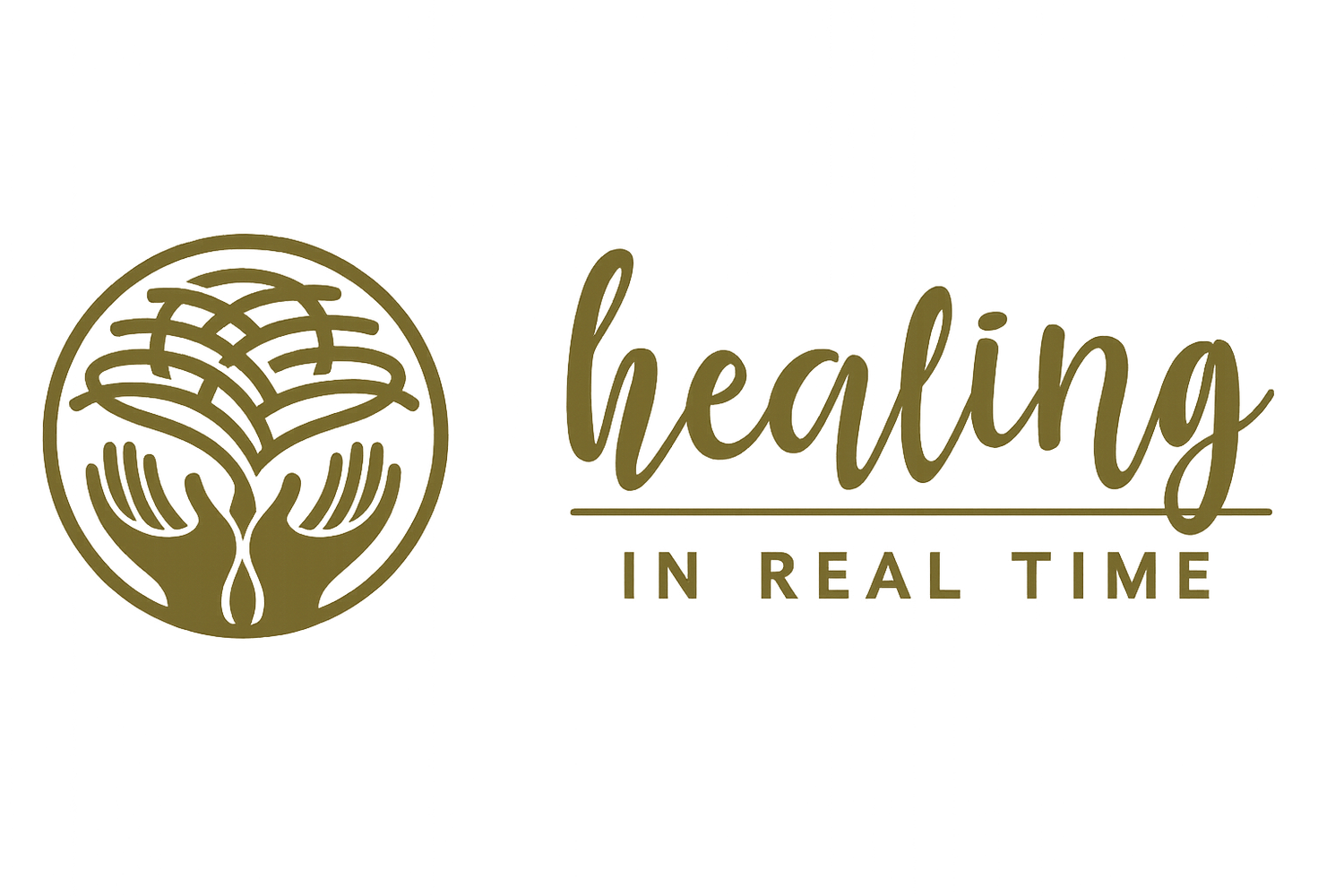Triggered Doesn’t Mean Broken.
I used to think being triggered meant I was unstable. That my reactions were proof I hadn’t healed. That I was failing at recovery, at growth, at being “better.”
But triggers aren’t flaws, they’re signals. They’re echoes of past pain, asking to be acknowledged. They’re reminders that something inside me still needs care, not condemnation.
Still, the guilt hits hard afterward. I hate how I react. I understand, logically, that it was an overreaction, that the threat wasn’t real, that the person in front of me didn’t deserve the storm. But in the moment, the feelings are so overwhelming, so consuming, that I don’t even feel like myself.
It’s like I’m watching from behind glass, screaming at myself to stop, to breathe, to come back, but that other version of me won’t listen. She’s frantic. She’s hurting. She’s in survival mode. And when the dust settles, it’s the calm, collected version of me who has to pick up the pieces. Apologize. Reassure. Rebuild.
It’s a constant battle. And some days, it feels ever-losing.
But I’m trying to remember: being triggered doesn’t mean I’m broken. It means I’m still healing. It means my nervous system is doing its job, trying to protect me, even if the danger is long gone.
I’m learning to meet my triggers with compassion. To pause. To breathe. To ask, “What do you need right now?” instead of “What’s wrong with you?”
Healing isn’t linear. It’s layered. And every trigger is an invitation, not to shame myself, but to understand myself more deeply.

